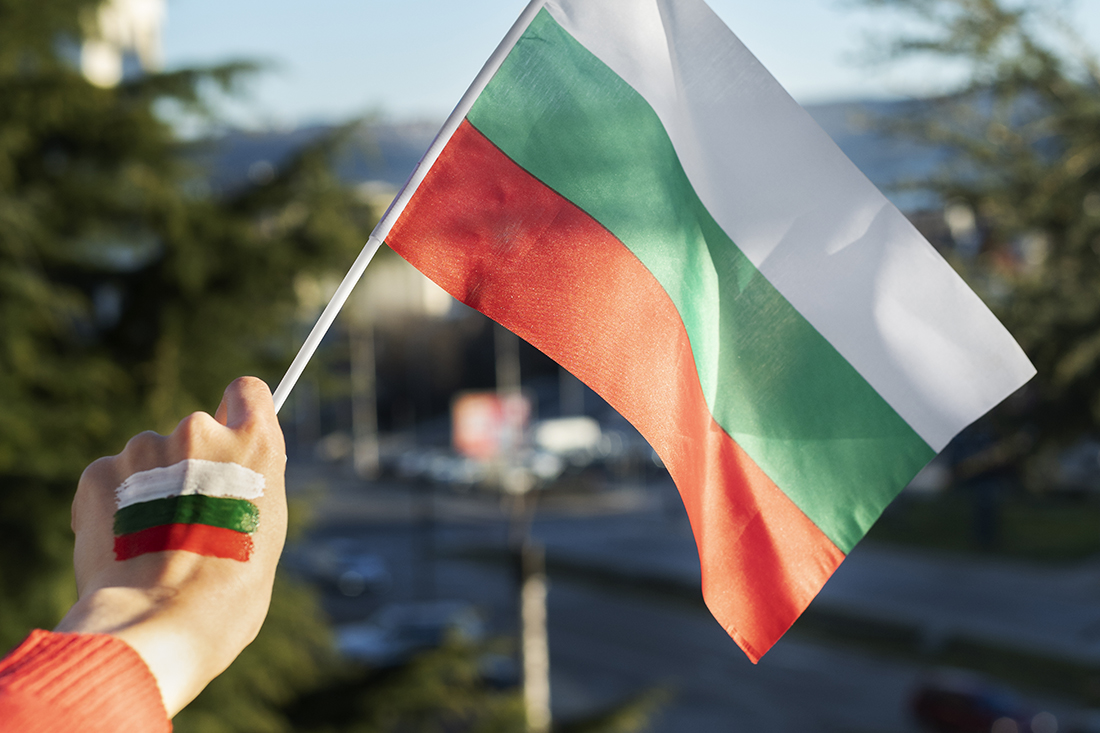Bulgarian Parliament Approves Transfer of Military Equipment to Ukraine

On Wednesday, the Bulgarian National Assembly ratified an agreement between the Ministry of Internal Affairs of Bulgaria and the Ministry of Defence of Ukraine for the provision of military equipment, weaponry, and spare parts to Ukraine, as reported by the Bulgarian news agency BTA.
The agreement, signed on August 8 in Sofia and November 13 in Kyiv, involves surplus vehicles no longer needed by the Ministry of Internal Affairs, according to a statement from the parliamentary defence committee.
Lawmakers approved the agreement with 131 votes in favour (GERB-ODF, "Stand Up.BG - Democratic Bulgaria," MRF, TISP), 49 against (BSP for Bulgaria and "Revival"), and 1 abstention (BSP for Bulgaria). The ratification followed nearly two hours of debate.
As previously reported by The Gaze, Bulgarian Prime Minister Nikolay Denkov accused Hungary and Serbia of aiding Russia's "war machine" by not seeking alternative energy sources, purchasing oil and gas from Russia, and fuelling controversy over the transit tax on Russian gas imposed by Bulgaria in accordance with EU sanctions.
Denkov signalled to his government that he does not plan to repeal the tax on Russian gas transported through Bulgaria, stating his intention to deprive the state-controlled aggressor-exporter, Gazprom, of revenues used to fund the war against Ukraine.
Bulgaria also blocked sanction-evading routes that brought Russia €1 billion. The country abandoned the exclusive "exemption" from EU sanctions after reports revealed that this loophole helped the Russian oil company Lukoil earn the €1 billion.
The EU's exception to the ban on importing Russian crude oil by sea was a step aimed at protecting the country from an energy resource deficit. However, the government announced that this exception would cease to apply on March 1, 2024, instead of the initially set date of October 31, 2024.
A senior European official stated that "almost none" of the Russian oil shipments by sea in October occurred at a price below $60 per barrel—the price limit set by the G7 countries.
During the year of the existence of the "price ceiling" on Russian oil, Russia lost the European market. Instead, it successfully built new routes for the legalization and supply of oil to Latin America, the Middle East, India, and China.